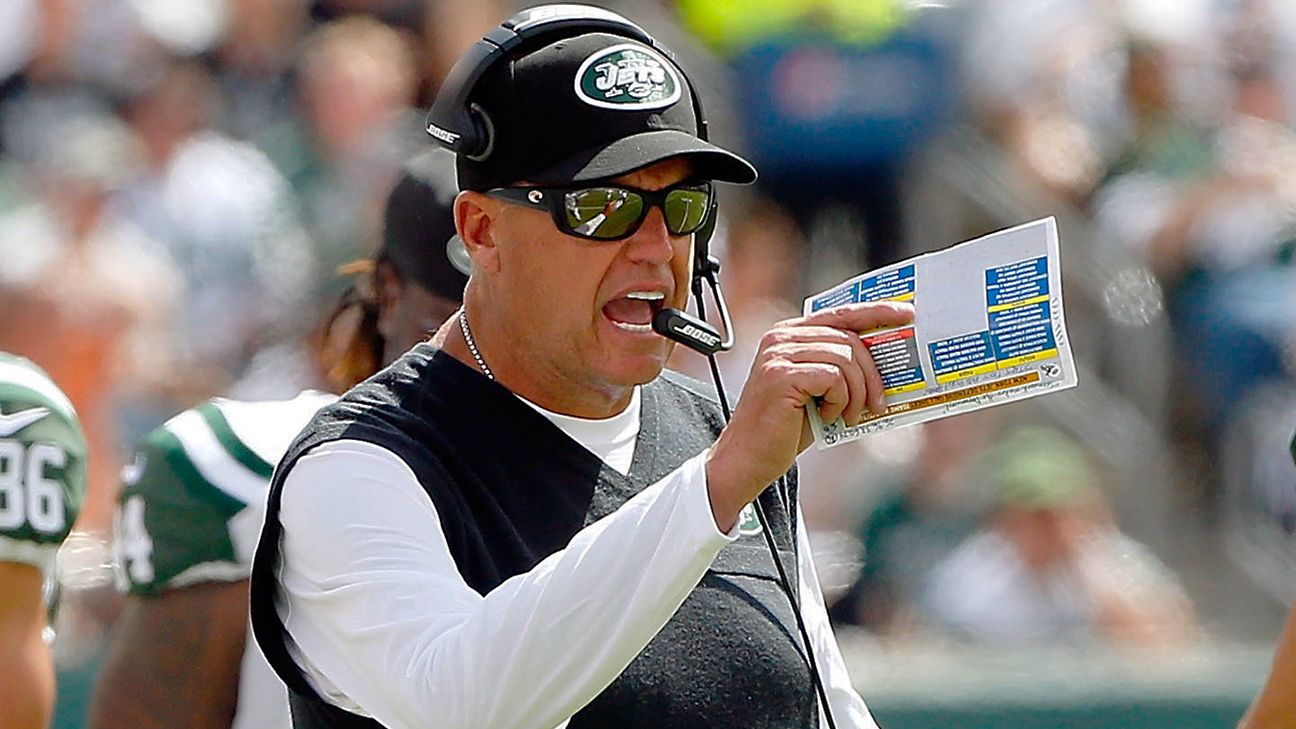Associated Press
Dec 23, 2024, 01:37 PM ET
Texas Attorney General Ken Paxton has sued the NCAA to block the participation of transgender athletes in women's sports, arguing that it tricks and misleads fans.
The lawsuit filed in state district court in Lubbock and announced Sunday argues the NCAA violates the Texas Deceptive Trade Practices Act by promoting women's sports that may include a transgender athlete. The law is designed to protect consumers from being misled or tricked into buying products or services that are not as advertised, the lawsuit said.
The Texas lawsuit is the latest attempt by conservative politicians to target transgender athletes and push the NCAA into banning them from competition. President-elect Donald Trump has said he wants to stop trans athletes from competing.
The lawsuit seeks an injunction to stop the NCAA from allowing transgender athletes to compete in women's sports in Texas, or in sports that involve Texas programs. Or it wants the court to require the NCAA to stop marketing events as "women's" sports if transgender athletes are allowed.
In a statement, Paxton appeared to reference the recent controversy involving San Jose State women's volleyball, where several opponents forfeited matches this season on grounds the Spartans had a transgender player.
A federal court last month refused to block the school from playing in the Mountain West Conference championship.
"When people watch a women's volleyball game, for example, they expect to see women playing against other women, not biological males pretending to be something they are not," Paxton said. "Radical 'gender theory' has no place in college sports."
The Associated Press is withholding the player's name because she has not publicly commented on her gender identity and, through school officials, has declined an interview request.
Paxton accused the NCAA of "intentionally and knowingly jeopardizing the safety and wellbeing of women" and turning women's sports into "co-ed competitions."
The NCAA does not track data on transgender athletes among the 544,000 currently competing on 19,000 teams at various levels across the country. NCAA President Charlie Baker testified in Congress earlier this month that he was aware of fewer than 10 active NCAA athletes who identified as transgender.
"College sports are the premier stage for women's sports in America, and while the NCAA does not comment on pending litigation, the Association and its members will continue to promote Title IX, make unprecedented investments in women's sports and ensure fair competition in all NCAA championships," the NCAA said in a statement Monday.
Brooke Slusser, the San Jose State volleyball co-captain who was among the group of players who sued the Mountain West Conference over her teammate's participation, praised the Texas lawsuit on social media.
"Hey NCAA, just in case you haven't realized yet this fight will just keep getting harder for you until you make a change!" Slusser posted on X.
The NCAA established a policy in 2010 that requires trans athletes who were assigned male at birth to complete at least one year of testosterone suppression therapy before being eligible to compete on a women's team.
Trans athletes who were assigned female at birth and transitioned to male can compete on a men's team, but if they have received testosterone treatment, they are ineligible to compete on a women's team.
Athletes are required to meet their chosen sport's standards for documented testosterone levels at various points during the season.
In 2022, the NCAA revised its policy in what the organization called an attempt to align with national sports governing bodies. If a governing body does not have a trans athlete policy, then the policy of the international federation that oversees the sport applies. If there is no international federation policy, then the previously established Olympic policy criteria would be followed.














































